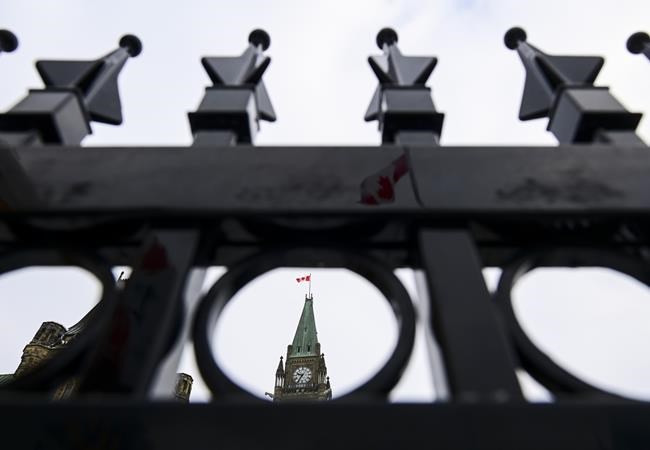Days of debate over whether revisions to the Broadcasting Act could undermine Canadian rights and freedoms continued Friday.
Liberal and opposition members of Parliament split along party lines while discussing the public outcry sparked by an April 23 amendment to Bill C-10 brought by Liberal members of Parliament..
The bill sponsored by Heritage Minister Steven Guilbeault is intended to update the Broadcasting Act to better reflect how people and companies use the internet, including social media platforms.
The government says internet platforms such as YouTube and Facebook distribute video content or music to Canadians, and should be overseen by the CRTC, which regulates TV and radio broadcasters.
But Conservative MP Rachael Harder argues the heritage committee went too far by removing a section of the proposed legislation that excluded user-generated content from CRTC oversight.
Harder said there's widespread fear the CRTC could undermine individual freedom of expression by regulating how internet platforms distribute content generated by ordinary users.
This includes, "the things that we post on Facebook, the things we post on YouTube, the things that inspiring artists post. The cat videos that my grandmother posts, in order to share with her friends and engage with them," Harder said.
"When this change was made, it removed the protections that were once offered to those individuals who use these platforms."
Harder said there have been many experts who have written or said that the amendment passed last week is a threat to free speech and democracy because it removes protections for user-generated content.
She specifically read from an opinion by former CRTC chairman Peter Menzies who wrote the legislation "doesn't just infringe on free expression, it constitutes a full-blown assault upon it (free expression), and through it, the foundation of democracy."
Harder attempted to have the heritage committee agree to ask the Justice Department for a new analysis of C-10's impact on charter rights but debate on her motion was blocked by Liberal MPs in a 5-4 vote.
After the committee ended a regular two-hour session, Guilbeault said Bill C-10 poses no threat to individual rights and described the Conservative allegations as "100 per cent false and, frankly, ludicrous."
"I mean, to think that we would somehow adopt legislation that would be counter to the Canadian Charter of Rights and Freedoms, is a pure fabrication," Guilbeault said in an interview.
He also scoffed at the notion that people's right to post cat videos is at risk.
"Just the very thought of the CRTC somehow starting to deal with cat videos. Like it boggles my mind," Guilbeault said.
The purpose of Bill C-10's reforms to the Broadcasting Act are about having the law cover both conventional and online broadcasters.
Bill C-10 is supported by "just about every" artist and cultural organization "because platforms like YouTube aren't paying artists fairly for what they do. And Bill C-10 is about that. It's about fairness."
This report by The Canadian Press was first published April 30, 2021.
David Paddon, The Canadian Press



